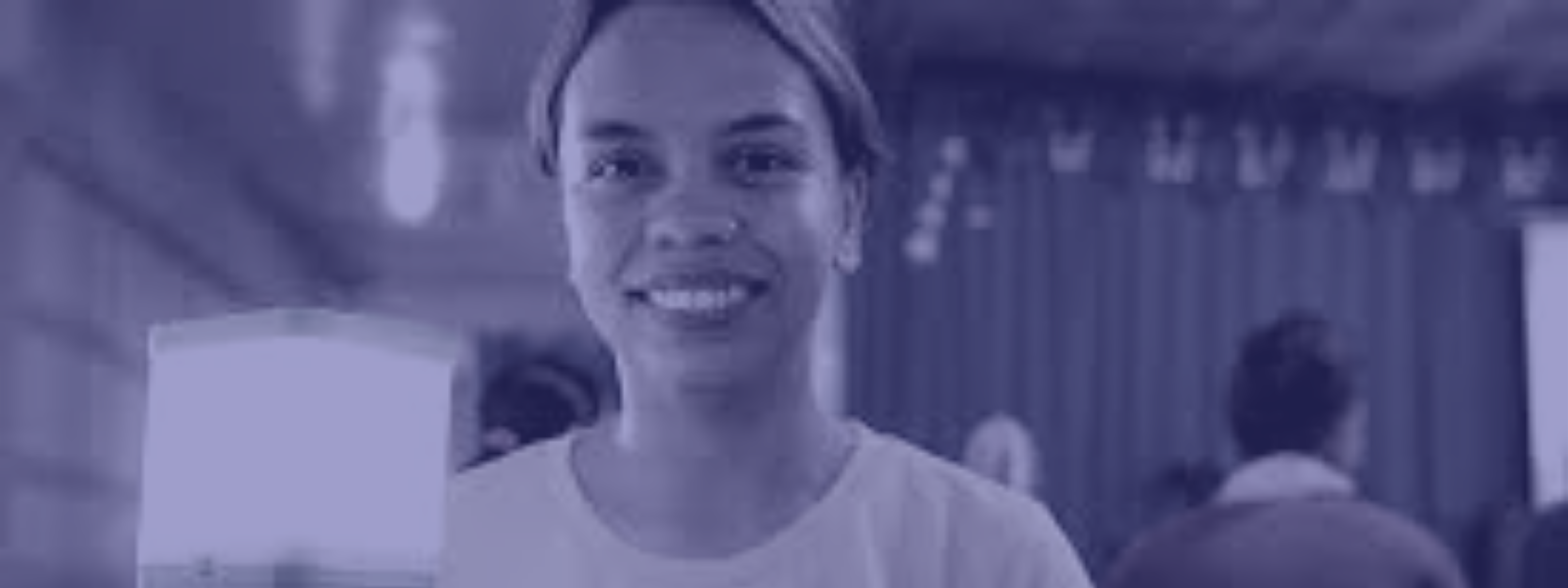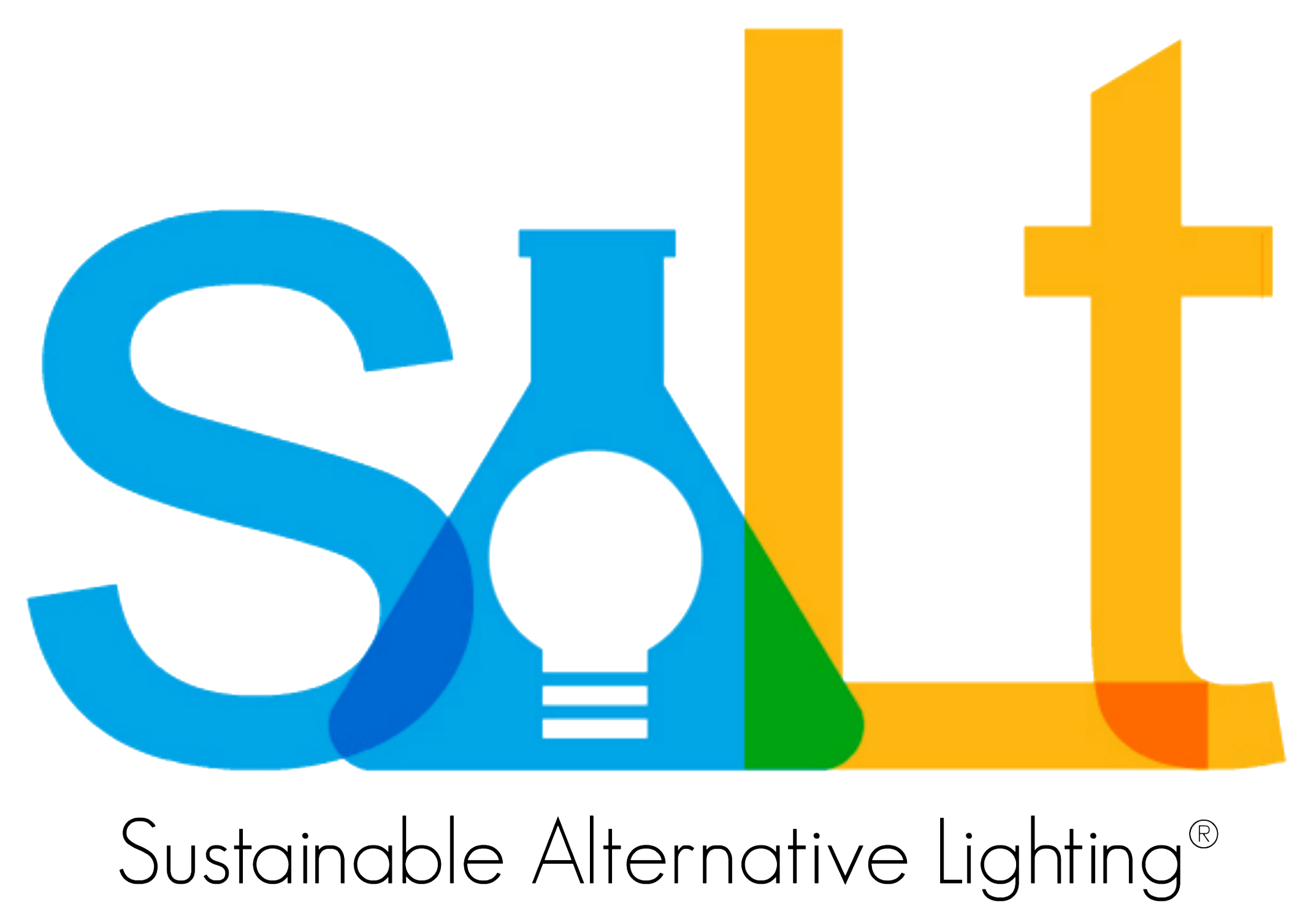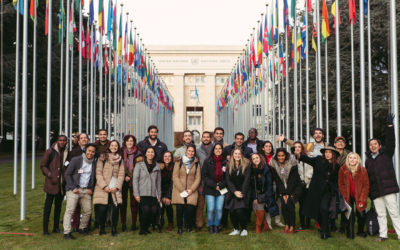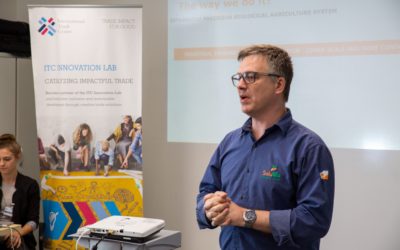SALT: “ THIS ISN’T JUST A PRODUCT, IT’S A SOCIAL MOVEMENT”

The idea was born during a hike in the mountains in the northern part of the Philippines. The lack of a sustainable and inexpensive lighting system for the local population of the country was triggering Raphael and Aisa Mijeno, brother and sister, to come up with a solution. And they found one: a metal-air based energy source that uses salt water as the medium to generate electricity. Together they run their social enterprise called SALt, the acronym for Sustainable Alternative Lighting. Their mission is to address the light inequality gap between people who have electricity and people who have not. We had the opportunity to speak with Raphael about his journey with SALt.
“The experience encouraged us to reflect on ways to alleviate the lighting burden of the tribe, commencing the research in University Engineering Department. With the light emitted by the first prototype, you could barely read a book. We did arduous engineering testing and gathered data from our early adopters to improve the efficiency of the lantern. So far, we have done six iterations to attain our design and functionality goals. Seeing the latest improvements in terms of efficiency, we are even more thrilled to produce more products based on the technology.”

ENTREPRENEURIAL JOURNEY
“Having a degree in Business Administration/Management does not guarantee a successful venture, and I must admit, it has been a tough journey but inspiring at the same time for us. They say experience is the best teacher and I couldn’t agree more. You have to develop a lot of skills, you have to do everything on your own and it is a constant learning process. Nevertheless, it is also the most satisfying work because we have created something bigger than ourselves. This is not just a venture to make a profit of; this is community building, community development.
Giving heedful attention not just on technology but also user behavior has created an upward impact on SALt’s usability. We discovered, based on several population samples, that the process of pouring the liquid (part of kerosene lantern preparation) is deeply wired into the user’s brain, the very reason why we did not deviate away from the process. But instead of pouring kerosene, you pour salt water.
Our next goal is to transition from low rate production (a very small scale of 20-30 lamps per week) to mass production projecting to have 500 units a day all thanks to our manufacturing partners.”
—
This article is one in a series presenting finalists from previous editions of the Accelerate2030 global scaling program. The third edition of the program in currently in the national scale-readiness phase and the international finalists will be selected at the end of August. The international finalists will be present at the Impact Hub Geneva and the SwissSustainable Finance week from the 4th until the 11th of October.
The article was originally published 6/10/2017 on the blog of Impact Hub Geneva and is written by Marlou Dahmen. Click here to view the original article.



0 Comments